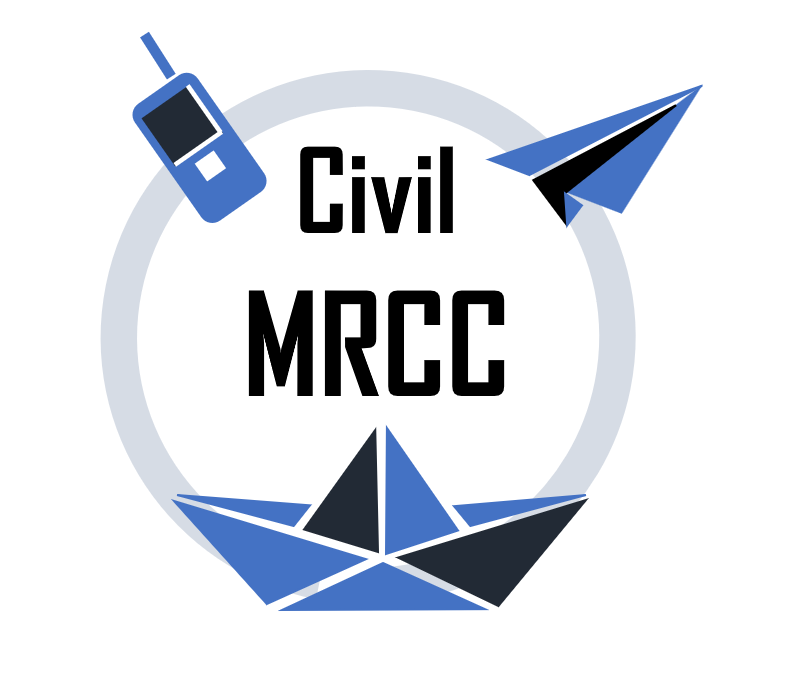For the first time, the European Court of Human Rights will examine a state’s failure to hand over a suspect wanted by the International Criminal Court (ICC). A sub-Saharan survivor of torture in Libya has filed an application against Italy for failing to cooperate with the ICC or to conduct its own effective investigation into the crimes of Osama Elmasry Njeem (also known as Almasri), a senior commander of the so-called Special Deterrence Force (“Al-Radaa”) who oversaw detention sites where Libyans as well as migrants and refugees were subjected to torture, forced labor, and sexual violence.
Represented by a legal team led by Chantal Meloni and Andrea Saccucci, with the support of the European Center for Constitutional and Human Rights (ECCHR) and Refugees in Libya (RiL), the survivor’s complaint argues that Italy violated its procedural obligations under Articles 2 and 3 ECHR, namely its duties to cooperate with international justice mechanisms and to conduct effective investigations into violations of the right to life and the prohibition on torture. After a preliminary review, the European Court formally registered the application and will now examine the case.
In January 2025, Italian authorities arrested Elmasry in Turin on an ICC warrant for crimes against humanity and war crimes. Due to the failure of the Justice Minister to fulfil his cooperation duties under Italian law and the ICC Statute, Elmasry’s release was ordered by Rome’s Court of Appeal and the suspect was rushed to Libya on an Italian state-owned plane. “By releasing Almasri, Italy obstructed justice and denied victims any prospect of accountability,” says Chantal Meloni. This case therefore asks the European Court to affirm that cooperation with international justice is not optional, but a human-rights obligation.
The applicant had been intercepted at sea by the EU- and Italy-funded so-called Libyan Coast Guard and detained under Elmasry’s command at Mitiga airbase. His complaint to Strasbourg seeks recognition that Italy’s conduct denied victims access to justice. “Italy and Libya must end their deadly collaboration,” says a spokesperson for Refugees in Libya. “By releasing Almasri, the Italian government has victimized the survivors all over again.”
The ICC has investigated crimes in Libya since 2011, including against migrants and refugees there. Yet, as ECCHR and RiL emphasize, these investigations have so far failed to address the role of European actors whose cooperation with Libyan authorities enables such crimes. On 17 October 2025, the ICC’s Pre-Trial ChamberI found Italy in non-compliance with its cooperation obligations under the Rome Statute for failing to surrender Elmasry, underscoring the seriousness of the state’s breach now also before the ECtHR.
The ICC’s finding came in the same week that Italy’s parliament voted to renew the Italy-Libya Memorandum of Understanding, despite parliamentary opposition and a survivor-led civil society campaign demanding an end to this cooperation. Germany’s parliament likewise extended its participation in the EU naval mission IRINI, dropping a clause that barred training of the so-called Libyan Coast Guard. Both developments are a reminder that European migration-control policies remain deeply entangled with Libya’s criminal detention industry.
The Strasbourg case will test how far European courts are prepared to enforce states’ duties to cooperate with international justice. At the same time, Italy’s failure to surrender or investigate Elmasry highlights a broader gap in accountability — one that the ICC must also confront by examining the role of EU and Member State officials in crimes against migrants and refugees in Libya and the Mediterranean.

Picture: David Yambio, who was allegedly maltreated by Libyan ICC suspect Osama Elmasry Njeem, shows a picture of Ethiopian woman, Naima Jamal, said to have been kidnapped and tortured by traffickers in Libya, as he holds a press conference with other migrants who were allegedly maltreated, at the Parliament in Rome, Italy, January 29, 2025. REUTERS/Remo Casilli
Allison West, ECCHR



